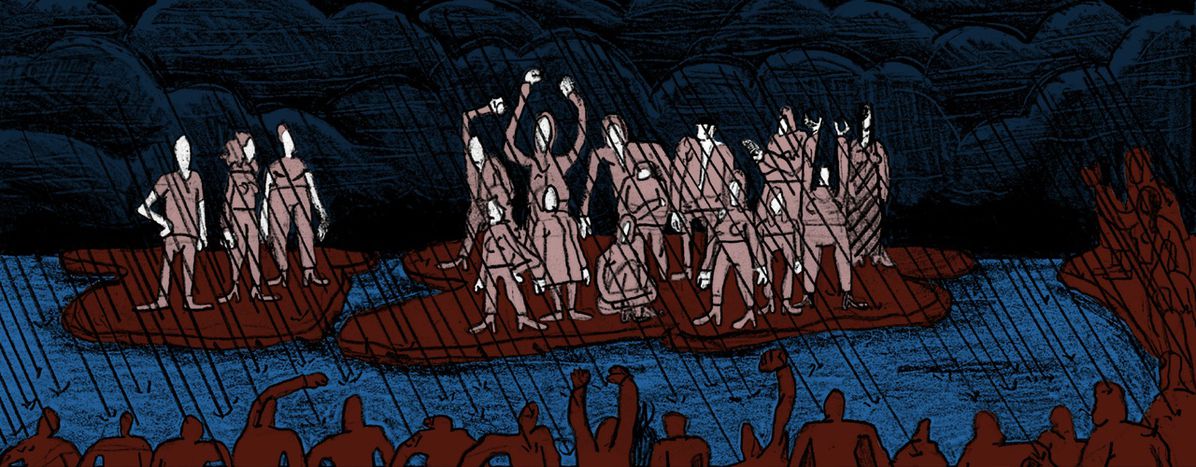
Behind the Numbers: 51.9% of the United Kingdom
Published on
Translation by:
Stefano FasanoThe United Kingdom has decided that Brexit will be a reality. The Leave campaign received 51.9% of votes in yesterday's referendum, making likely the definitive exit of Her Majesty's nation from the European Union.
There's a concrete possibility that the number 51.9% will go down in history, at least when it comes to a united Europe. The majority of Brits have cast their votes in favour of leaving the European Union. The very high turnout (72.2%) is a sign that people felt strongly compelled to democratically participate when such an important decision was on the table.
Some of the largest cities in the United Kingdom (including London, Manchester, Liverpool and Bristol), did put a cross in the "Remain" box – along with Scotland and Northern Ireland. However, these results were counterbalanced by the country's rural areas, where "Leave" lead the way to victory.
The relatively small margin between the two camps lends support to a long suspected theory: Her Majesty's country is split down the middle, not only when it comes to how to best manage immigration, security and Britain's place in the world, but also thanks to a generational divide.
British Prime Minister David Cameron initially announced the referendum hoping to confirm Britain's place in Europe once and for all, but found himself trying to keep isolationist and eurosceptic pressures at bay, both within the anti-Europe wing of his own party (fronted by Boris Johnson) and across the wider country. It's obvious that he failed to do so.
Jeremy Corbyn's Labour party also emerged badly from the results, having been unable to catalyse sufficient pro-Europe sentiment across the country to clinch it for Remain.
There's a marked different in voting patterns when it comes to age demographics. 75% of young people voted to Remain, but this was however cancelled out by the tendencies of older generations to vote Leave.
The results are in, and now it is time to look forward. Managing the situation requires some care. Politicians in both Scotland and Northern Ireland have already announced their interest in referendums on secession from the United Kingdom, the former to obtain independence, the latter hinting at Irish unification.
Across Europe, Eurosceptic sentiment is appearing to grow. France will hold general elections next year, and Marine Le Pen has already declared interest in a similar vote in France should she be elected President. It will be Europe's task to demonstrate that Union is strength – with or without the United Kingdom.
"No."
---
This article is part of our Behind the Numbers series, illustrating newsworthy stats with artistic design and a brief analysis.
Translated from Numeri che parlano da soli: il 51,9% che cambierà la storia dell'Unione europea



